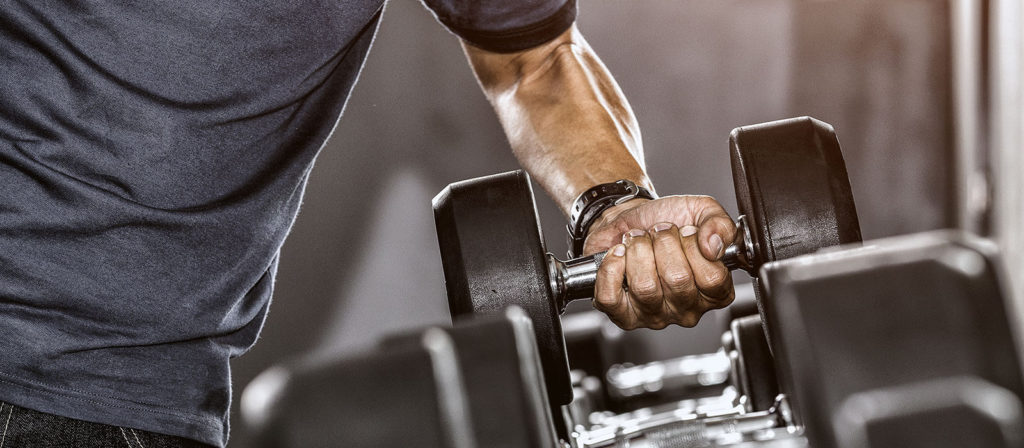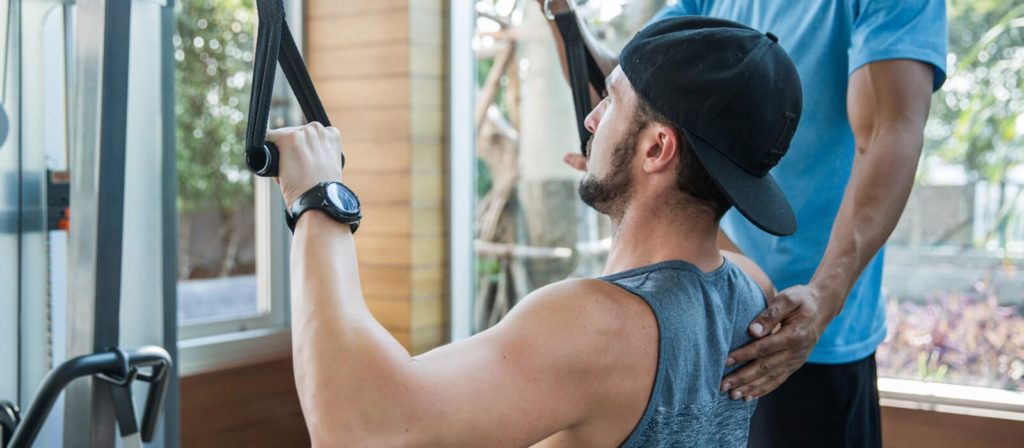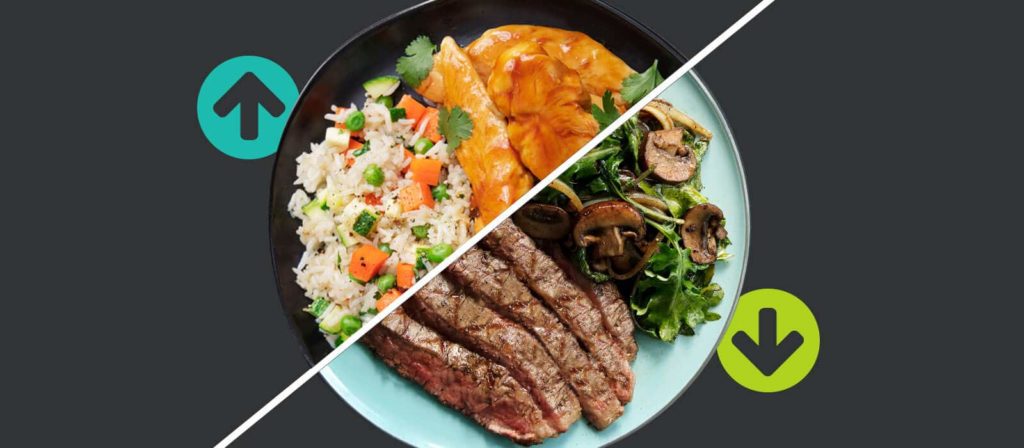When it comes to working out — whether that means some light exercise to shed a few pounds or heavy training for competition — many people don’t realize that the food they eat is fundamental to their success. And that goes for what they eat before, during, and after their workouts.
The fuel you put into your body before, during, and after your workout is what largely determines whether that exercise will deliver results.
Eating post-workout, for example, can be essential not only for various forms of overtraining, but also for building the desired muscle or effectively burning fat. Unfortunately, our instinct is often to simply cram in a quick 30-minute workout, then move on to the next activity without considering recovery.
Nutrition Delivers Real Results
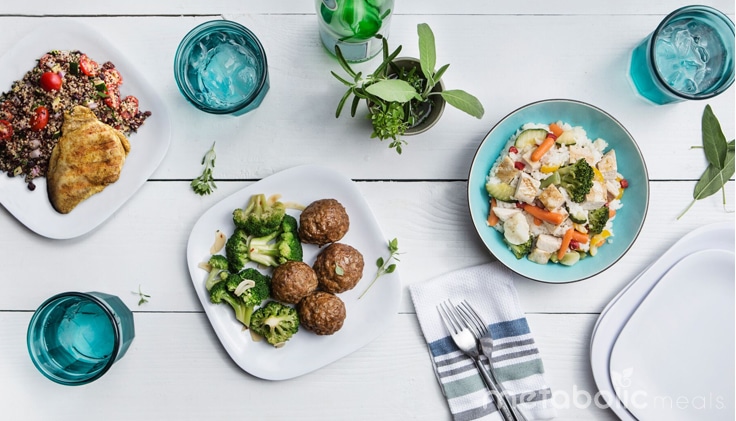
The athletes I’ve worked with are perfect examples of the importance of nutrition. Their physique isn’t the only thing on the line — so is their livelihood. These athletes take nutrition and fitness very seriously, and they see results accordingly.
I’ve seen how lifestyle factors such as nutrition and sleep can affect performance. Proper attention to these factors can reduce fatigue during workouts and competition as well as prevent a decrease in performance near the end of the season due to overtraining. At that level, even a slight decrease in performance can lead to the loss of millions of dollars.
Similarly, I’ve seen impressive results from people who are training to improve body composition rather than for competition. Proper workout nutrition leads to increased muscle mass and a decrease in body fat; people who focus on this are capable of training more frequently and with a higher intensity than those who neglect the nutritional window.
Effects of Intensity and Volume
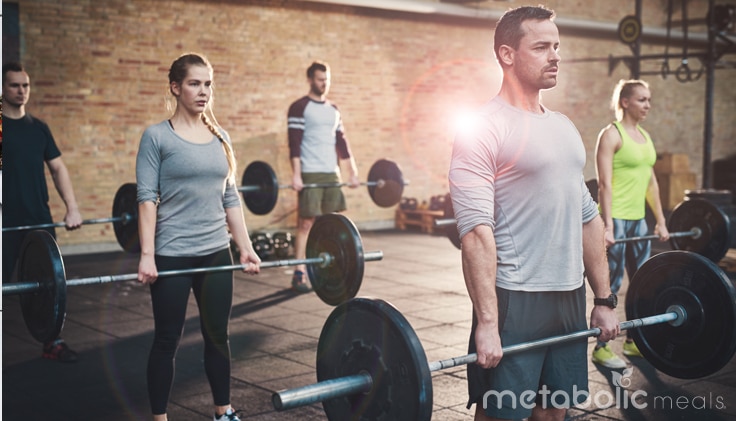
While nutrition is an important aspect of all exercise routines, factors like intensity and volume dictate which type of nutrition is needed.
Lower-intensity activities like walking, light weight training, and certain types of yoga, for example, don’t really need the addition of extra calories or carbs. A good pre-workout meal might be all that’s necessary to drive the energy and motivation needed to get through the activity.
When it comes to more strenuous forms of exercise or competition, however, performance and recovery are key, meaning that pre-, intra-, and post-workout nutrition should be a priority.
Pre-workout nutrition primes the mind and central nervous system to perform at a high level, while nutrition during the workout provides continuous fuel to increase stamina and reduce the chances of performance drop-off. And post-workout nutrition helps the body by lowering cortisol levels, repairing soft tissue, driving metabolic recovery, and replacing lost glycogen — all in an effort to prepare for the next training session or competition.
Let’s take a look at the three stages individually:
1. Before Your Workout
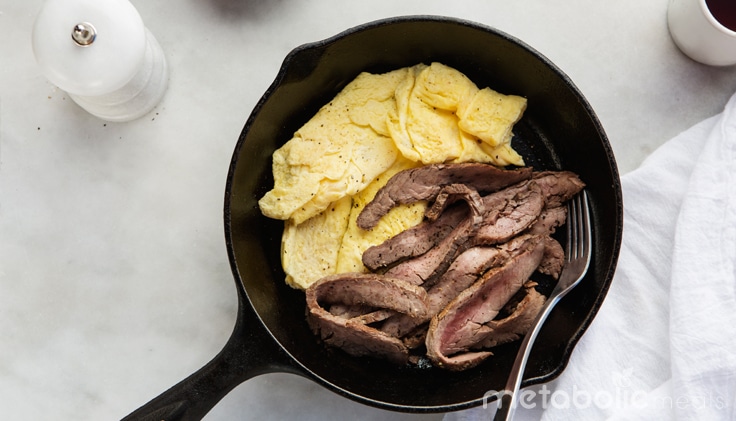
A boost in the neurotransmitters dopamine and acetylcholine is essential for two reasons. First, both of these chemicals provide you with the motivation to train with intensity and make progress. Second, they bolster your central nervous system, which supports strength and speed.
Foods high in L-tyrosine are great to consume pre-workout as the amino acid is directly involved with the production of excitatory neurotransmitters. A few great options are foods like beef, eggs, chicken, nuts, or seeds.
If your workout contains a lot of volume like bodybuilding, long-distance running, and certain CrossFit workouts, you may want to add carbohydrates such as sweet potato, Cream of Rice, or oats to your pre-workout meal. They will help supply you with a steady energy source and account for the large amount of glycogen that you’ll be burning.
It’s important to choose foods in this category that you digest well so that they don’t have a negative effect on your training. Nothing puts a damper on your workout like getting nauseated halfway through.
2. During the Workout
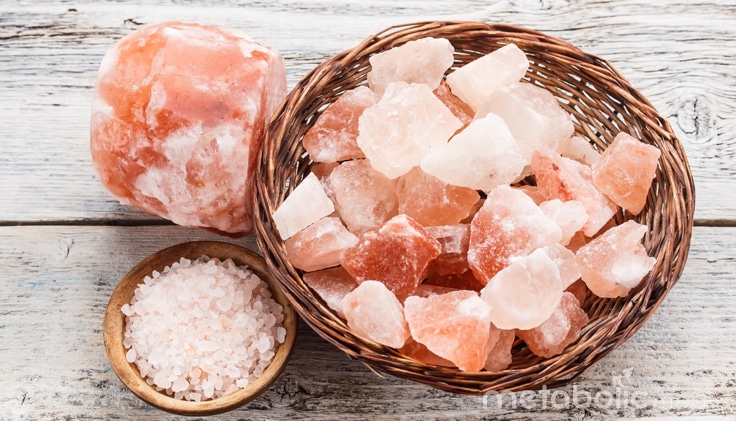
When it comes to the workout time itself, you’re looking for stamina; you need foods that offer a mixture of branch chain amino acids, known as BCAAs, and electrolytes.
BCAAs improve motivation even when you’re fatigued; support glucose uptake, which further increases performance and recovery; and even reduce muscle soreness after your workout is complete.
Most people will find the best results by consuming 10-20 grams of BCAAs during the workout. These can be found in capsule and powder forms. Electrolytes in the form of a blend of magnesium, sodium, and potassium consumed at a ratio of 1:2:1 are a great way to prevent cramps, increase stamina, and recover from exercise.
One of the best electrolyte products I’ve seen on the market is Electrolyte Synergy by Designs for Health. Our clients have also seen great results by adding pink Himalayan sea salt to their BCAAs, as it contains all of the essential electrolytes.
3. After the Workout

Post-training protocols can vary greatly depending on your exercise volume, goals, and current body-fat levels.
Protein is a must after just about any form of exercise. Whey protein is the go-to for many people, and rightfully so. It’s a high-quality protein source that builds muscle, lowers cortisol, and reduces oxidative stress. Unfortunately, many people are allergic or sensitive to whey. For these people, 20 grams of essential amino acids can provide a great head start toward recovery, minus the inflammatory reactions they might see from whey.
Carbohydrates are really the X factor when it comes to post-workout nutrition. For people who are lean and had an intense training session, carbs are a must. Their insulin sensitivity tends to be higher, and carbs help drive glycogen back into their muscles and significantly speed up recovery. For people with higher body-fat levels or who have performed a training session with less intensity or volume, however, carbohydrates may not be needed.
A good carbohydrate powder will increase the rate of recovery faster than food, but there are some great foods to utilize if that’s the route you choose. Just be sure to choose carbs that digest quickly and contain low levels of fructose, such as white rice, white or yellow potatoes, pineapple, nectarines, apricots, and kiwi.
The bottom line is, “you are what you eat” goes for your workout, too. It will only be as effective as you fuel it to be. So stay on top of your nutrition, and prepare yourself for better performance and better results.


